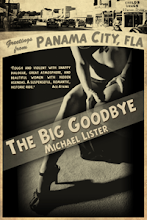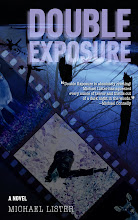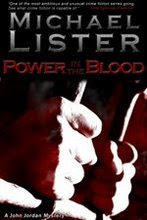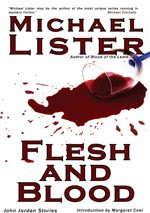
What do you do when your heart hurts?
As someone who attempts to live with a certain mindfulness, I try not to bypass a broken heart, try not to short-circuit the process no matter how painful, no matter how long. There’s much to be gained from sitting with the saturnine experiences of existence.
I’m not advocating wallowing or prolonging or being miserable one moment more than we need be, just that there is benefit in the sad, in the sorrowful, in the song of the thorn birds fluttering around inside of us.
As Siddhartha so rightly stated, life is suffering. Pain is part of being a healthy human. I live, therefore I feel. And in addition to our own pain—that caused by others and the self-inflicted variety—there’s the pain of others. Only the narcissistic feel only their own pain. Love, genuinely caring for an other, inevitably leads to pain. The more love we have, the more pain we have. He who loves ten has ten woes. He who loves fifty has fifty woes. The more capable of compassion we are, the more we will suffer. Compassion comes from two words that mean to “feel with.” Feeling what others feel leads to additional pain and suffering.
Whether we choose to open ourselves to others and to their pain, or focus on ourselves and the thousand natural shocks that our flesh is heir to, pain, suffering, broken hearts are inevitable.
When my heart hurts, as it does right now, I think and feel, reflect and write, read and meditate, turning to art and religion for guidance and healing. Occasionally, I turn to trusted friends and counselors, but mostly I experience my sadness in solitude. And in my aloneness, few things comfort, console, and give care as much as the right movie.
It’s true, books are better, but there’s something so immediate about movies. Like fast-acting medicine, an old familiar film provides nearly instant relief.
I’m not recommending simple escapism, though there’s certainly a place for that, but films that feel like old friends—available to us when old friends can’t be and without all the guilt and calories that accompany comfort food.
I’m sure you have your own medicinal movies, but here are a few films that get me through you might try, too.
No filmmaker makes me happier, cheers me up faster, than Richard Curtis. “Four Weddings and a Funeral,” “Notting Hill,” and “Love Actually” are movies I watch and quote from so repeatedly it seems as if I have them on a continual loop.
When I need inspiration, to be reminded of the difference one person can make, I pull “It’s A Wonderful Life” and “Keys of the Kingdom” off my shelf—two films that, in numerous viewings, never fail to speak to something deep within me and make me cry like a little girl.
When I want to fall in love or be reminded of the possibilities of love—particularly for those whom it has seemed to pass by, I turn to “Before Sunset,” “Conversations with Other Women,” “Love Affair,” “Frankie&Johnny,” and “The Russia House.”
When I want to look at life from a different perspective, to see the world and love and relationships in a new way, Charlie Kaufman is what’s called for, in particular, “Eternal Sunshine of the Spotless Mind,” and “Synecdoche, New York”—movies that are moving, thought-provoking, awe-inspiring, devastating.
And for all the above—for love, romance, inspiration, sacrifice, making a difference, and just getting carried away—nothing the doctor orders can compare with “Casablanca.”
If my broken heart wants not to feel unbroken, but commiserate with other broken hearts, I find “Brief Encounter” and “The End of the Affair” particularly appealing.
Sometimes, when I’m laid low by life or love or something far more random, what I need is to just be swept away, to get caught up, or take off on an adventure. When I do, I return to “The Last of the Mohicans,” Blade Runner,” “Spartan,” “Man on Fire,” “Déjà vu,” “The Thomas Crown Affair,” “Nick and Nora’s Infinite Playlist,” “The Holiday,” and “Dan in Real Life.”
And if I just need to laugh, nothing helps me quite as much as “Forgetting Sarah Marshall,” “The Hangover,” and, of course, a Richard Curtis film—most of which could go in all of these categories.
There are so many other movies I could mention. This list is not meant to be comprehensive. These are just where my broken heart goes, the ones I keep in my medicine cabinet—my first aid kit for my in-case-of-emergency moments.
As you can see, among other things, I recommend movie therapy. Story gives meaning to our lives, and films provide a singular, immediate experience of story—art imitating life in narrative we can relate to and be inspired by. So the next time you’re feeling broken, remember my prescription. Take two movies and call me in the morning.












